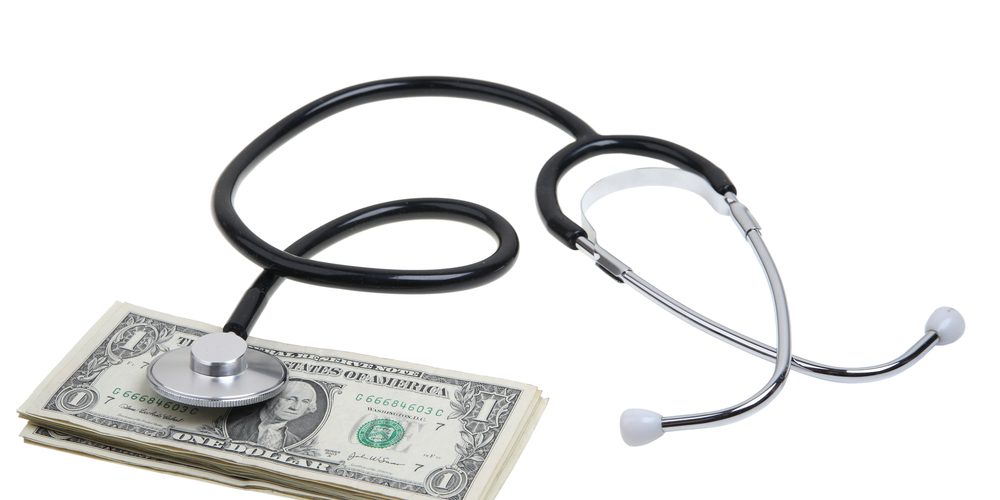On November 19, 2021, an agreement was made for a Boston Massachusetts home health agency and its owner to pay $1.2 million and enter into a comprehensive compliance program to resolve allegations that they falsely billed the Massachusetts Medicaid program (MassHealth). The settlement resolves allegations that began in December 2013.
In order to bill MassHealth for home health services, a member’s physician must review and sign a plan of care that certifies the home health services as medically necessary. Additionally, home health agencies are required to maintain records of services provided to each member for at least six years. The home health agency and its owner knowingly submitted false claims to MassHealth and managed care entities administering services to MassHealth members for home health services that had not been appropriately authorized by a physician.
The home health agency also allegedly submitted false claims for home health services that it did not provide, as members were living in inpatient facilities at the time that the home health agency billed for services.
According to the Attorney General’s Office, the home health agency and its owners knew that they had inappropriately received payments as a result of their submission of false claims, but made no attempt to notify MassHealth or return any of the money that they had received for the submitted false claims.
As part of the settlement, in addition to a payment of $1.2 million, the company also agreed to implement a three-year compliance program. The program will be overseen by an independent compliance monitor, paid for by the home health agency, and will include updated policies and procedures and staff training to ensure compliance with MassHealth regulations. The independent compliance monitor will also conduct annual on-site audits and report deficiencies and overpayments to the Attorney General’s Medicaid Fraud Division.
This settlement is part of a larger effort by AG Maura Healey and MassHealth to combat fraud in the home health industry. Since 2016, the AG’s office has successfully prosecuted three home health agencies and their owners and settled civilly with ten home health agencies, an effort which has returned more than $42 million to MassHealth. In March 2021, another Massachusetts home health agency agreed to settle for $1.25 million to resolve similar allegations of false billing, and in December 2020, a Massachusetts healthcare company agreed to pay $10 million to resolve allegations that it fraudently submitted claims for unauthorized services.
Issue:
It is extremely important that all members of the healthcare team are aware of what may be considered a false claim. Ensure that all staff are aware that these violations can occur whether they are intentional or unintentional. Failure to promptly report a suspected or known false claim can result in lawsuits, fines, and other sanctions. Additional information is available in the Med-Net Corporate Compliance and Ethics Manual, Chapter 1 Compliance and Ethics Program, CP 2.3 General Legal Duties and Antitrust Laws.
Discussion Points:
- Review policies and procedures for preventing and reporting a false claim. Update your policies and procedures as needed.
- Train all staff on the False Claims Act and what can be considered a false claim. Include information on how to report concerns and suspected violations, and that prompt reporting is mandatory. Document that the trainings occurred and place in each employee’s education file.
- Periodically audit staff understanding to ensure that they are aware of what should be done if they suspect a false claim has occurred, whether intentionally or unintentionally. Conduct audits of documentation and billing routinely to prevent and detect errors before they progress to a false claim.












































































